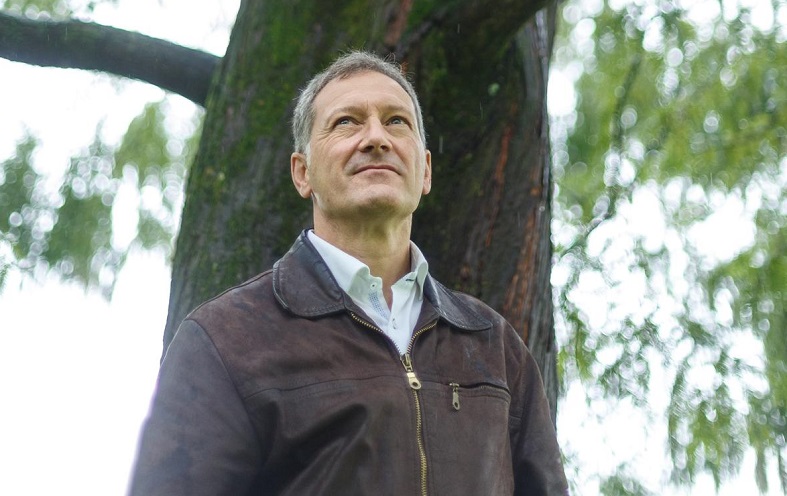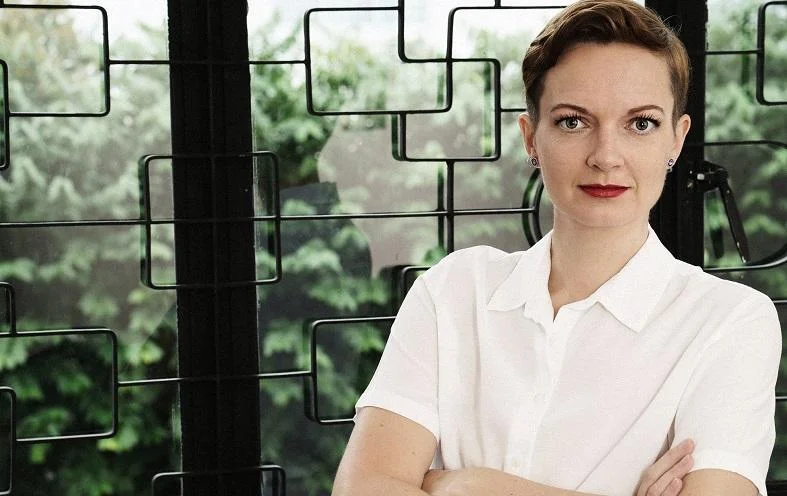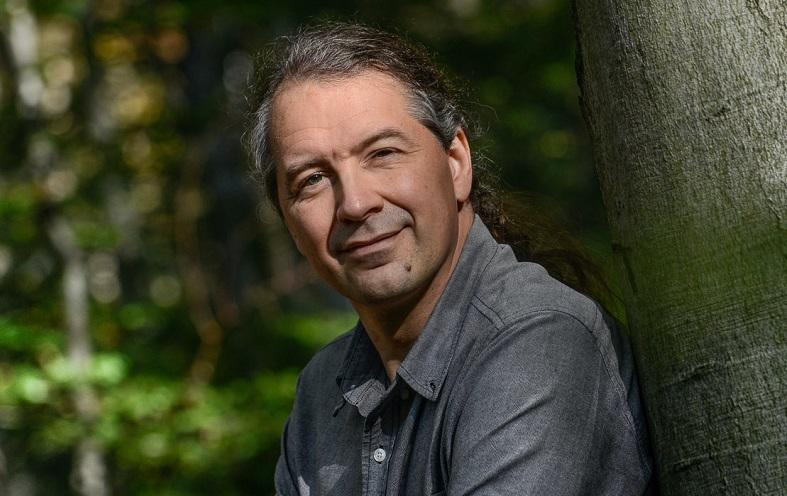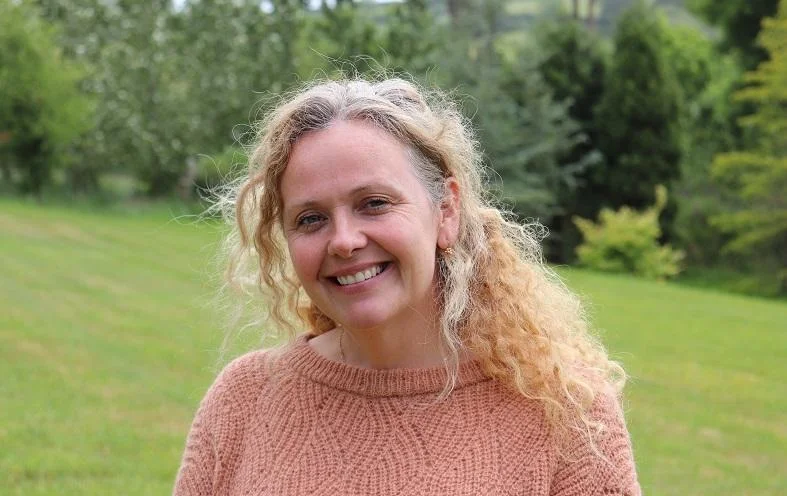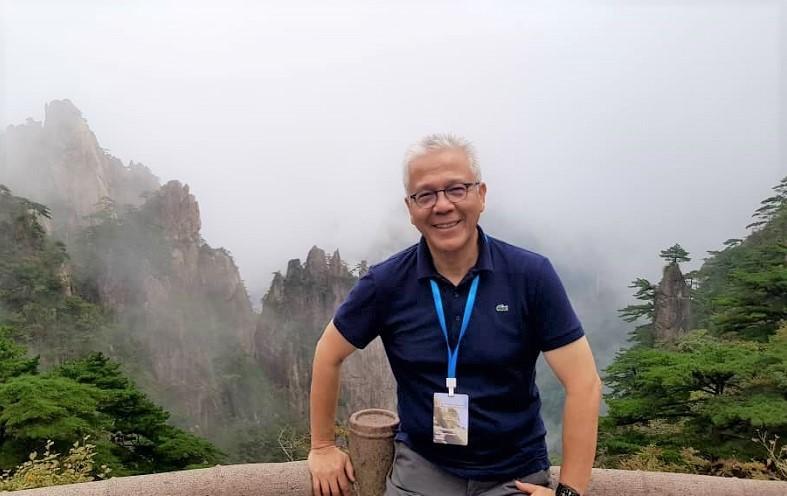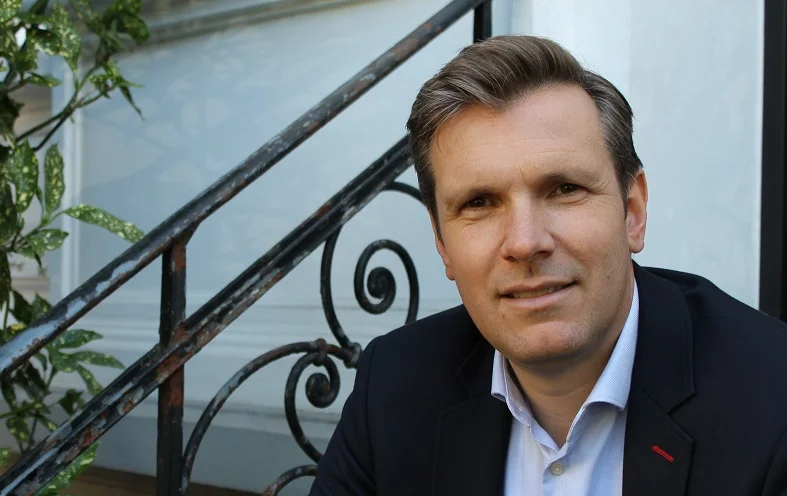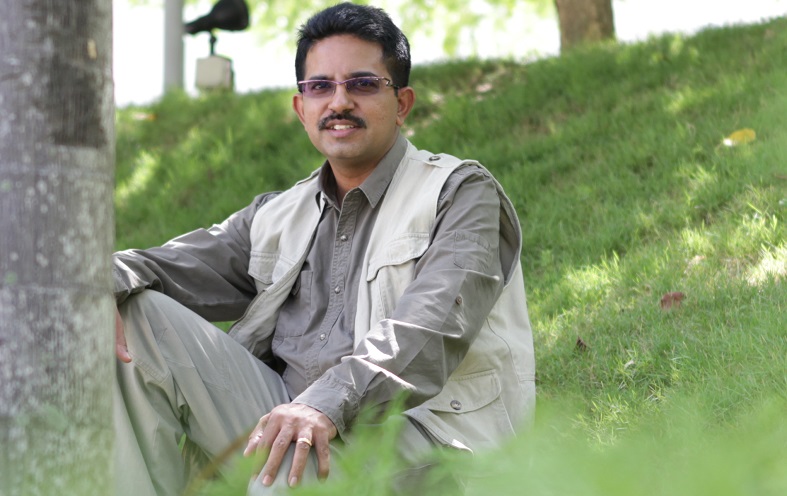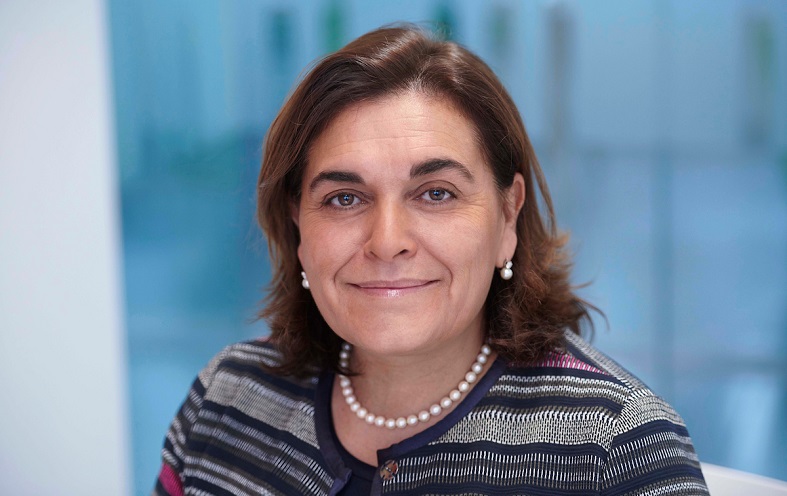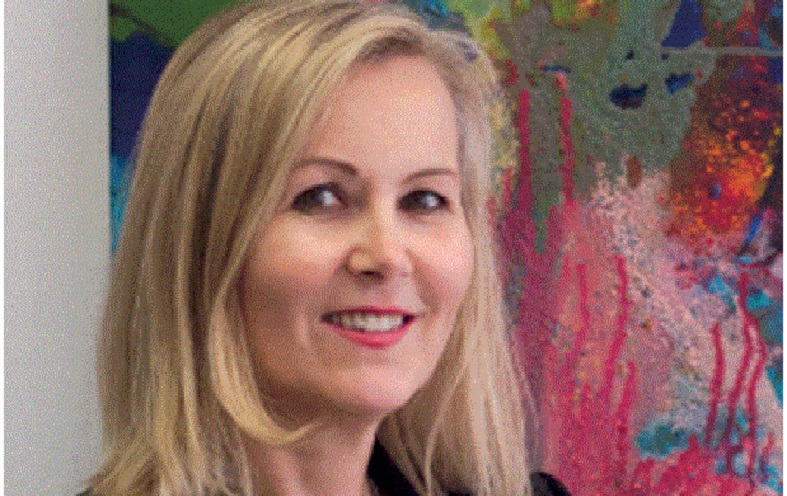
Sometimes the devil really is in the detail. Take the terms “sustainability” and “sustainable tourism”, for example. They just don’t sell well among tourism stakeholders, especially the private sector. Change it to “green tourism”, for instance, and you get a conversation going. It so happened in Slovenia, as we learn in this interview with Professor Tanja ta***********@ef.si” data-hovercard-owner-id=”23″>Mihalič of the Institute for Tourism at the University of Ljubljana. She also points out which topics are likely to be high up on the agenda of tourism researchers, and how Slovenia is developing, as a “green” destination.
Our interview with Tanja is part of a special series with Slovenian sustainable tourism change-makers, supported by the Slovenian Tourist Board.
Tanja, you have been researching tourism for almost 35 years. Do you remember your view on sustainability and tourism when you first started your professional career?
When I started, the term ‘’sustainability’’ was not yet in use. We were talking about tourism ecology and not many understood what it was about. In more scientific circles tourism ecology was a science of relations between tourism and the natural environment only. This was my primary area of interest, first developed at the Swiss University of St. Gallen by Professor Claude Kaspar. I had to go to Switzerland, to study “environmental” knowledge, which was at the time not yet available in Slovenia.
How has your view on sustainable tourism changed since then?
My view on sustainability followed and also co-created the scientific paradigm, through my active work in academia and through my work for the Tourism Sustainability Group of the European Commission and the United Nations World Tourism Organisation.
I was also constantly trying to bring sustainability on the agenda of tourism destinations and industry. I have (successfully) lobbied for the term “sustainable development” to penetrate our Slovenian tourism law, in 2003.
When the term “sustainable tourism” became relevant, many were reluctant to adopt it. This was especially the case with the commercial tourism sector and there are many funny stories connected to this.
I remember the difficulties with sustainability in Slovenia. In 2009 when I was moderating the first round table on sustainability for the Slovenian Tourism Forum – a yearly event that gathers all the tourism stakeholders from the private and public sector – one of the invited speakers from the commercial sector came to me just before we were to start and said: ”Tanja, I have to admit that I do not know what sustainability is – would you mind if I don’t join this discussion?” Then, another guest, CEO of a Slovenian tour operator who had confirmed his presence, did not show up at all. It turned out to be a small sustainability round table, yet it was the beginning of the “sustainability dialog” in Slovenia.
Being aware of the unpopularity of the word sustainability, the Slovenian Tourism Board at the time started to use “green tourism” as a synonym for sustainable tourism. Green tourism has been accepted by stakeholders from the very beginning.
It didn’t really matter that some thought that green tourism means green meadows and the high coverage of Slovenia with green forests, or the green water of the river Soča only. Since then, many round tables about natural, as well as social, cultural, and (less) economic “greenness” of tourism in Slovenia took place and the country is today known as one of the greenest (sustainable) tourism destinations.
As Head of the Institute for Tourism at the School of Economics and Business at the University of Ljubljana, would you say interest in tourism sustainability as an area of research has increased in recent years?
Everybody is talking about sustainability today. Do you know a single destination that doesn’t have a ‘’sustainable’’ tourism strategy? At the School of Economics and Business of the University of Ljubljana, we started to teach the subject “sustainable tourism” in the mid 1990ies. It has been very popular among students.
Today all our tourism subjects and research are based on the sustainable – responsible paradigm.
To your mind, which are the main topics or concerns linked to tourism sustainability at the moment in Slovenia? Which are the priorities?
In my opinion, the main challenge we have globally is also the most relevant for Slovenia: the gap between the wonderful idea of sustainable development and alarmingly unsustainable and irresponsible tourism practices. In other words, sustainability penetrates the real-life at a slow pace. I know many excellent sustainable best practices, yet…
Jana Apih in her interview referred to sustainability “think” as something which is in the DNA of many Slovenians. Why might this be?
Sounds wonderful what Jana is saying. My research is more about how green DNA is working – thus the implementation of sustainability and how sustainable tourism is in Slovenia and globally. My research is moving further, towards “just tourism” and how cosmopolitanism can help to improve tourism sustainability.
Your advice to emerging researchers interested in studying tourism? Which topics linked to sustainability have been neglected so far?
Many topics are relevant, everyone from different disciplines can find a place to contribute to sustainable tourism research.
One topic is sustainable responsibility – thus the implementation of sustainability.
Another topic, especially relevant to Slovenia, is a stronger focus on economic sustainability, in connection with under- and overtourism. Most parts of Slovenia might be a case of undertourism, being too small to be competitive, compared to the competitors in the region. Of course, there might be some emerging risks of overtourism in some developed destinations as well, that need attention.
At present, capacity planning in the context of a new over- and anti-tourism debate is becoming very relevant.
Another topic is ICT in tourism.
How important is a destination’s sustainability performance nowadays for its competitiveness?
Sound sustainable performance in all three pillars: environmental (nature), socio-cultural (culture, society) and economic (finance) is a must. The challenge is to bring them together and to have tourism stakeholders and researchers that clearly understand that sustainability is about all three pillars at the same time.
How do you measure the impact of research done on tourism and sustainability at your university – i.e. how do you make sure new insights reach tourism practitioners?
If you check national or international databases for references of the SEBLU (the new name of our Faculty of Economics FELU), you will see that we are globally recognised for our “sustainability” research impact.
SEBLU is active in knowledge transfer to the community and industry. For instance, our tourism team has authored the latest strategy of sustainable tourism growth for Slovenia. We constantly cooperate with tourism industry stakeholders. And destination experts are constantly invited to our university classes to share their knowledge with our students.
Thank you, Tanja.
Connect with Tanja on LinkedIn or explore current research and classes here.
Curious to get to know more Slovenian sustainable tourism pioneers and change-makers? Overview of all interviews here.


